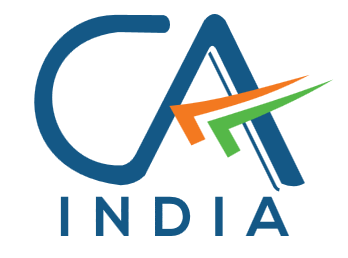Value Added Taxes
. Advising on the applicability and levy of Central Sales Tax and VAT or State Sales tax laws.
. Managing to obtain VAT registrations, Sales Tax registrations and its amendments.
. Assisting the client to organize their cumbersome tax affairs, give them alerts for due date’s deadlines and ensure that all statutory requirements are complied with.
. Managing the preparation and filing monthly/quarterly/half-yearly/yearly tax returns electronically/manually.
. Managing summary and regular assessments.
. Managing objections/appeals to higher authorities.
. Providing legal tax planning.
. Providing updation and due dates alerts in electronic media on taxation issues.
Value Added Tax
VAT is the indirect tax on the consumption of the goods, paid by its original producers upon the change in goods or upon the transfer of the goods to its ultimate consumers. It is based on the value of the goods, added by the transferor. It is the tax in relation to the difference of the value added by the transferor and not just a profit.
All over the world, VAT is payable on the goods and services as they form a part of national GDP. It means every seller of goods and service provider charges the tax after availing the input tax credit. It is the form of collecting sales tax under which tax is collected in each stage on the value added of the goods. In practice, the dealer charges the tax on the full price of the goods, sold to the consumer and at every end of the tax period reduces the tax collected on sale and tax charged to him by the dealers from whom he purchased the goods and deposits such amount of tax in government treasury.
Method of Collection
There are two methods for collection of VAT in India. In the first method, tax is charged separately on the basis of the tax which is paid on purchase, and the tax that is payable on the sale (shown separately in the invoice). Therefore, the difference between the tax paid on purchase and the tax payable on sale as per the invoice is the VAT.
In the second method, tax is collected and charged on the aggregate value of the tax payable on sale and purchase, by applying the rate of tax applicable to the goods. Therefore, the difference between the sale price and purchase price would be VAT. It means VAT is the tax which consumers ultimately face, which is collected at each stage.
Sales Tax
Sales tax is levied on the sale of a commodity, which is produced or imported and sold for the first time. If the product is sold subsequently without being processed further, it is exempt from sales tax.
Sales Tax is a levy on purchase and sale of goods in India and is levied under the authority of both Central Legislation (Central Sales Tax) and State Governments Legislations (Sales Tax). The government levies Sales Tax principally on intra-state sale of goods. States also levy tax on transactions which are “deemed sales” like works contracts and leases.
In addition to Sales Tax, some states also levy additional tax, surcharge, turnover tax and the like. Ordinarily, Sales tax is recovered from the buyer as a part of consideration for sale of goods.
Sales tax is paid by every dealer on the sale of any goods made by him in the course of inter-state trade or commerce, despite the fact that no liability to tax is raised on the sale of goods under the tax laws of the appropriate state.
